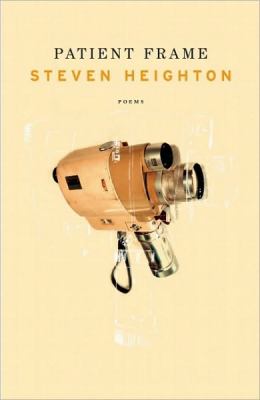There's a final bedtime when the father reads
to his daughter under the half-moon lamp.
The wolf-eyed dog sits guard on the snowy
quilt at their feet—ears pricked, head upright
like a dragon on its hoard—while the daughter's
new clock ticks on the dresser. When the father
shuts the book, neither feels in the cool sigh
cast from its pages a breath of the end—
and how can it be that this ritual
will not recur? True, this latest story
is over, Treasure Island, which held them
a dozen nights, but "the end" has arrived
this way often before. Maybe she's tired
of the rite, or waking to a sense of herself
revised? Maybe he's temporarily bored,
or unmoored, reading by duty or rote,
turning deeper inside his own concerns.
How does the end enter? There's a hinging
like a book's sewn spine in the raw matter
of time—that coded text, illegible—
and stretched too far, it goes. An innocent
break, the father off one weekend or the child
sleeping at a friend's, followed by a night
or two she wants to read alone, or write,
for a change, in her new padlock journal.
She has no idea what has changed. She
can't know that the enlargement of her life
demands small death after death, and this one,
the latest, is far from last. She will not
notice this death, being so intent on life—
so implied in its stretching crewelwork
of seconds.
Some nights later, suddenly,
writing cheques or checking email, he might
notice and wonder at the change. In a sense
such minor passings pre-enact his own.
For a moment he might lay down his pen,
forget the figures, peer over the roofline
and find she was right—Orion, rising,
is more blueprint of butterfly, or bird,
than hunter. How does it enter, through what rift
or flaw? Maybe it doesn't enter at all.
It was there in every sentence: the end.
About this Poem
from Steven Heighton's book Patient Frame: Poems (c2010), published by House of Anansi Press







